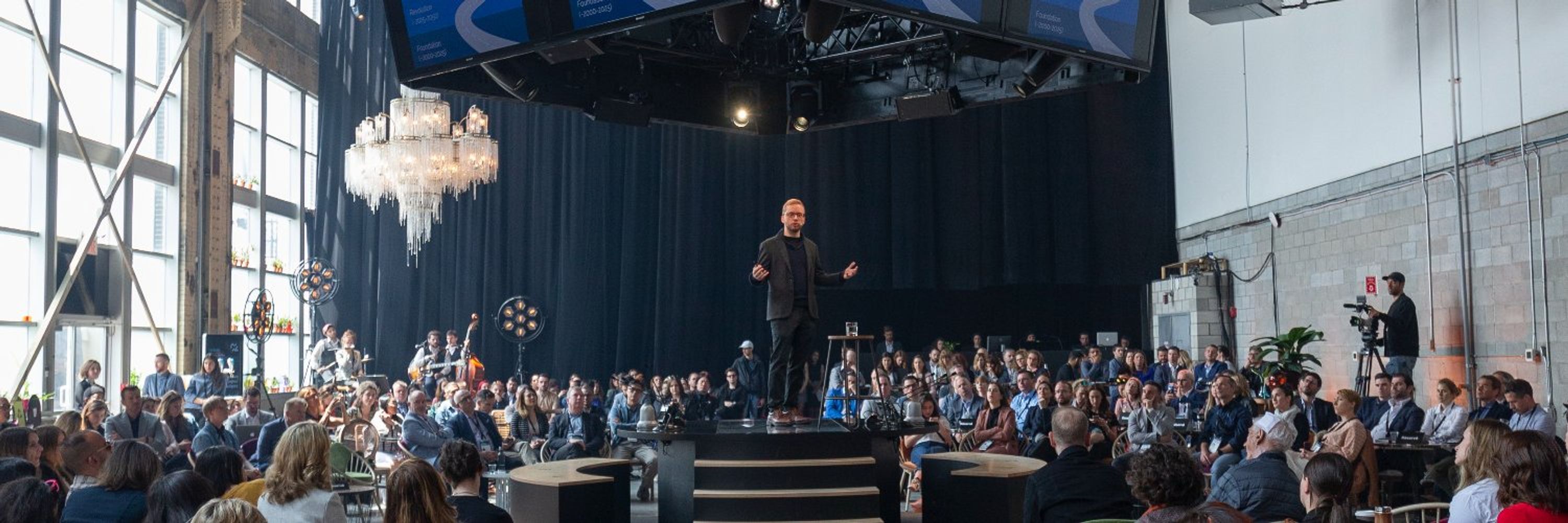Jacy Reese Anthis
@jacyanthis.bsky.social
640 followers
100 following
100 posts
Computational social scientist researching human-AI interaction and machine learning, particularly the rise of digital minds. Visiting scholar at Stanford, co-founder of Sentience Institute, and PhD candidate at University of Chicago. jacyanthis.com
Posts
Media
Videos
Starter Packs
Reposted by Jacy Reese Anthis
Reposted by Jacy Reese Anthis
Reposted by Jacy Reese Anthis
Jacy Reese Anthis
@jacyanthis.bsky.social
· Aug 31
Jacy Reese Anthis
@jacyanthis.bsky.social
· Aug 31
Jacy Reese Anthis
@jacyanthis.bsky.social
· Aug 31
Jacy Reese Anthis
@jacyanthis.bsky.social
· Aug 31
Jacy Reese Anthis
@jacyanthis.bsky.social
· Aug 31
Reposted by Jacy Reese Anthis













